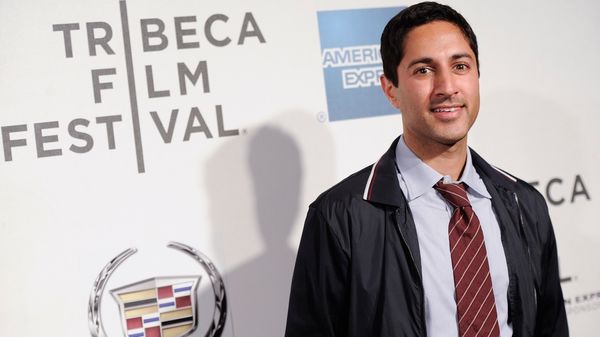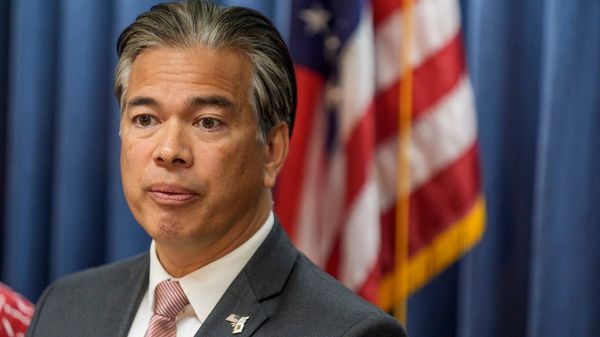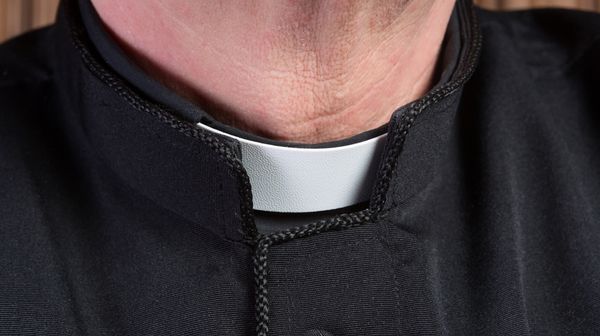April 14, 2016
Bathroom Access for Transgender People Debated Across South
Seanna Adcox READ TIME: 3 MIN.
Louisiana's governor issued an executive order Wednesday banning discrimination in state government based on sexual orientation and gender identity, and transgender people in South Carolina told state senators that a bill requiring them to use a public bathroom corresponding to their "biological sex" puts them in danger of harassment.
The overwhelming majority of people at the Senate hearing opposed the measure, which mimics part of a North Carolina law signed last month that has brought a national backlash. No vote was taken.
In Tennessee, 60 business leaders - including the CEOs of Williams-Sonoma, Airbnb, Alcoa, T-Mobile and Dow Chemical - signed a letter asking lawmakers to kill similar legislation. The events seemed to unfold across the South almost simultaneously as the fight over LGBT rights raged on.
The South Carolina bill introduced by Sen. Lee Bright would require multistall bathrooms on public property to be designated and used "based on biological sex." It specifically includes student bathrooms, locker rooms and showers in public schools. It would also bar local governments from requiring businesses to let transgender people use the bathroom of their choice.
Bright said he's had enough of tolerance if that means "men who claim to be women" going into a bathroom with children.
"I don't believe transgender people are pedophiles," the Republican said. "I think grown adult men would use this as protection to violate women in the restroom."
U.S. Attorney Bill Nettles, who was invited to the hearing to discuss instances in South Carolina of transgender people verbally or physically assaulting someone, had a simple answer: "I can find none."
He declined to give any position on the bill, but when asked whether current laws protect people from being victimized, he said, "the state of South Carolina has laws to address assault and battery."
Dex Sexton, 17, of Blythewood, said people don't undress openly in women's restrooms, as stalls provide privacy. If the issue is fear of assault, he asked, then why are men who have abused little boys not forced to use a different bathroom?
"It's protections against sexual assault that stop them, not because they can't use the men's bathroom," he said.
In Louisiana, the LGBT protection order signed by Democratic Gov. John Bel Edwards prohibits state agencies, boards and contractors from harassment or discrimination based on race, religion, sexual orientation, gender identity, national origin, political affiliation, disability or age. State contracts will be required to include a similar anti-discrimination provision.
Edwards, in office since January, also terminated a religious objections executive order issued by former Republican Gov. Bobby Jindal last year. That "Marriage and Conscience" order from Jindal prohibited state agencies under the governor's control from denying licenses, benefits, contracts or tax deductions to businesses and people that take actions because of a "religious belief that marriage is or should be recognized as the union of one man and one woman."
At the South Carolina hearing, opponents said the proposal would do the opposite of its purported intention.
"Look at me and tell me I belong in the men's restroom," said Capri Culpepper, who was wearing a blue, low-cut dress and fingernails with red polish. Last year, she settled a lawsuit against the state Department of Motor Vehicles after being told to remove her makeup for a driver's license photo. "Our community is already at risk for sexual assault and violence."
Culpepper was among nine transgender people who stood in a show of support. Opponents also questioned how the bill would be enforced.
"In everyday life, how do we determine whether someone we're with is male or female? We look at them. We don't inspect their genitalia," said University of South Carolina law professor Gregory Adams. "Are we going to start looking at their birth certificate?"
The bill has little chance this year. House GOP leaders have said they won't deal with the issue and Republican Gov. Nikki Haley has called it unnecessary.







